Introduction
We all know the importance of a good night's sleep for our health and well-being. However, finding the time to rest can be challenging. In this article, Dr. Neil Kalsi, a family medicine physician, shares six science-based tips to help improve sleep hygiene and bedtime habits.
1. Caffeine Intake
Dr. Kalsi recommends avoiding all caffeine, including tea, coffee, and soda, after mid-afternoon. As we age, we can become more sensitive to caffeine, and older adults may need to limit their consumption.
2. Alternatives to Caffeine
Eating healthy snacks like fruits and vegetables, drinking plenty of water, and engaging in light exercise like brisk walks or dance sessions can help provide a quick energy boost.
3. Alcohol and Sleep
While alcohol may help you feel sleepy, it can disrupt the quality of sleep. Sleep after drinking is not as rejuvenating or refreshing as sober sleep.
4. Napping
Napping can interfere with nighttime sleep, as it takes away "sleep pressure." However, if you find it easy to fall asleep at night, taking a nap in the 1-3 pm range can be beneficial.
5. Screens and Sleep
Screens emit light that signals the brain to wake up, making it difficult to fall asleep. Avoiding electronic devices an hour before bed can help.
6. Light Exposure
Exposure to sunlight in the morning can help regulate sleep patterns. Using a sun lamp during the winter months can mimic the natural light of the sun.
Conclusion
Incorporating these tips into your daily routine can help you improve the quality of your sleep, leading to better health and productivity. Other healthy sleep habits include having a consistent bedtime routine, creating a comfortable sleeping environment, and exercising during the day. Remember, quality sleep is essential for optimal well-being.






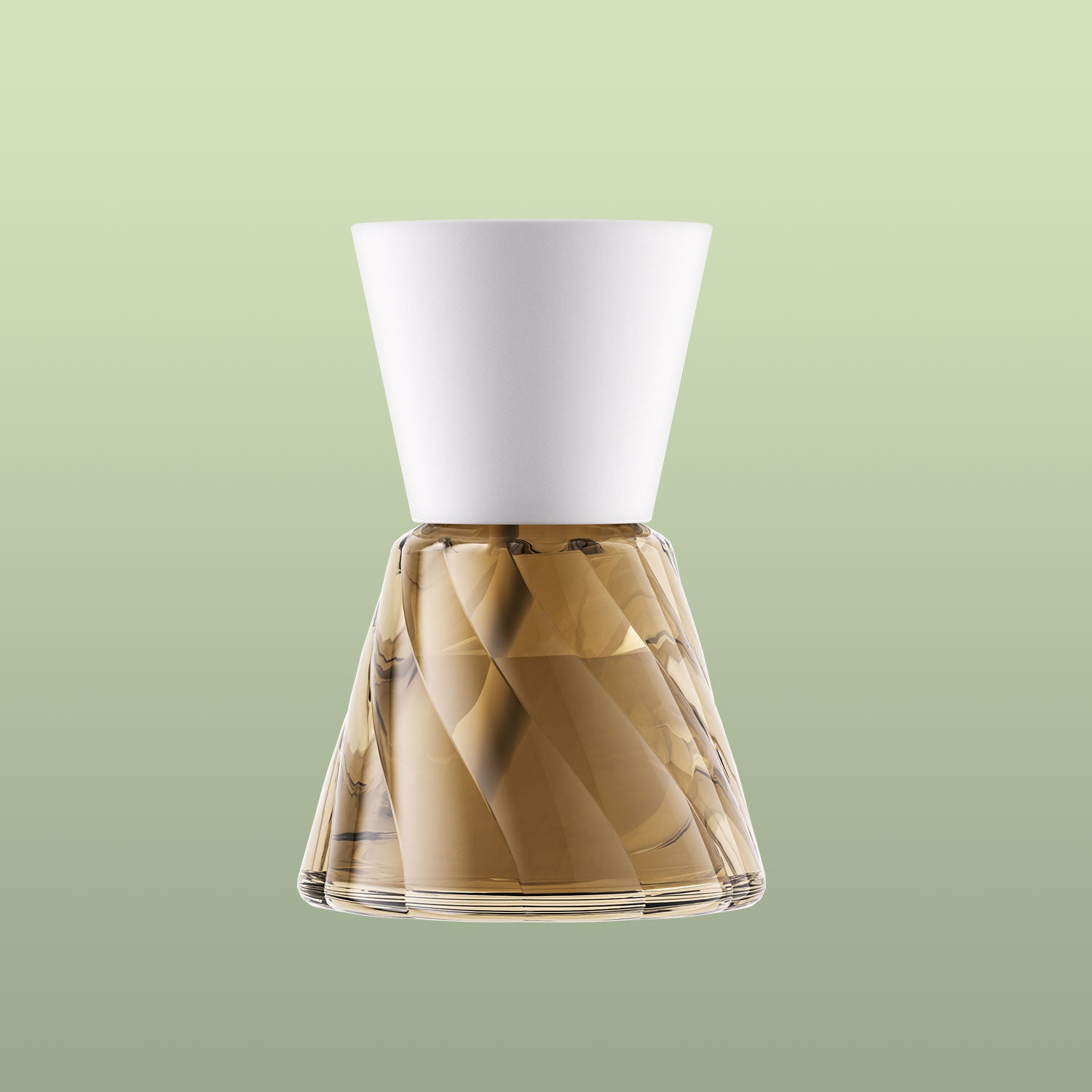


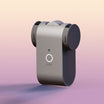
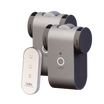

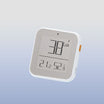
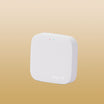



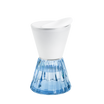



Leave a comment
All comments are moderated before being published.
This site is protected by hCaptcha and the hCaptcha Privacy Policy and Terms of Service apply.